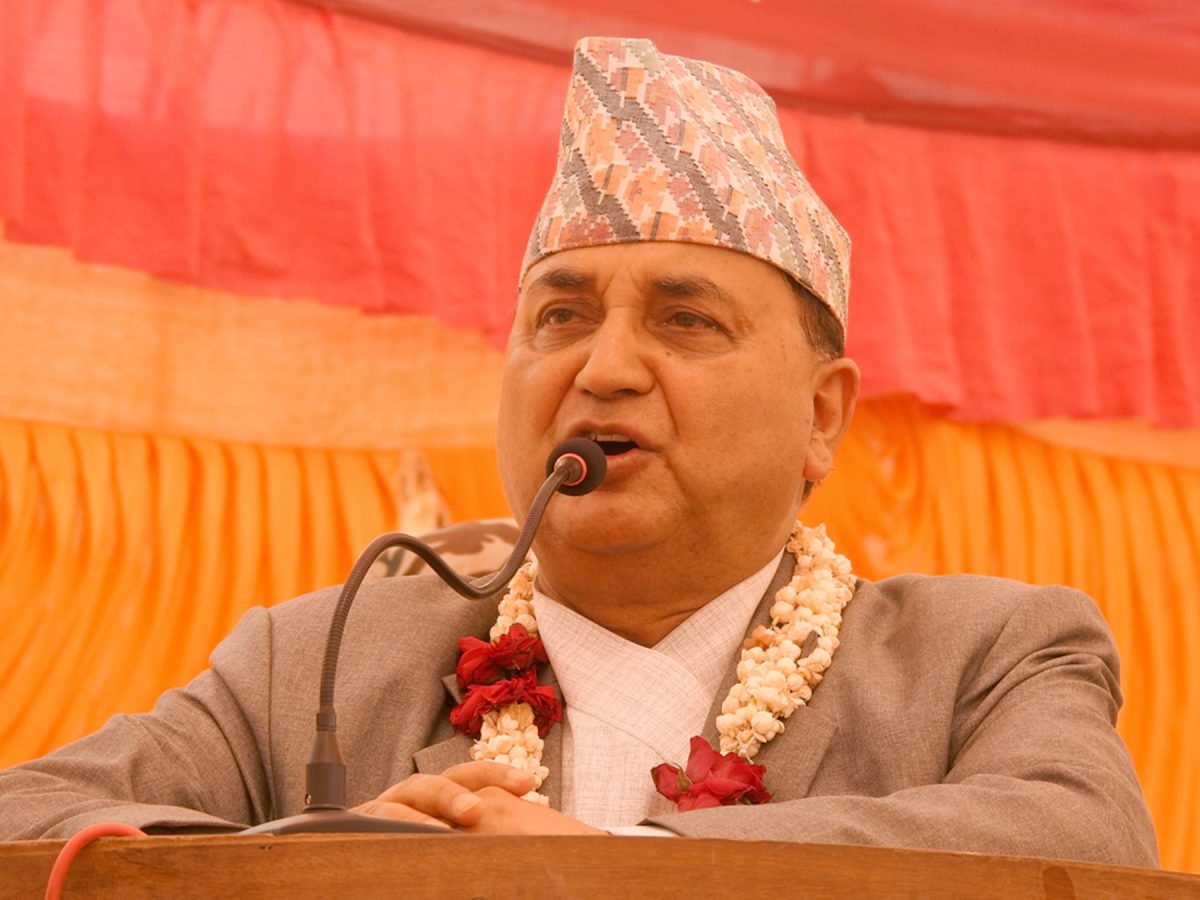KATHMANDU: Deputy Prime Minister and Minister for Defense Ishwar Pokhrel has said that trans-Himalayan connectivity was a key to Nepal’s development and prosperity.
Inaugurating a conference on “Friends of Silk Road Trans-Himalaya Connectivity Cooperation for Shared Prosperity” organized by Trans- Himalaya Development Centre in Kathmandu on Tuesday, DPM Pokhrel said that connectivity along the trans-Himalayan region was a crux for the development of this region, which he described as the world’s one of the most beautiful sites.
Pokhrel also said that the Belt and Road Initiative (BRI) was very relevant for our development and argued that we should not get confused from the expressed and unexpressed views.
Pokhrel argued that the trans-Himalayan connectivity would bring benefit to the whole trans-Himalayan region and transfer Nepal from a landlocked to a land-linked country by opening more and more points.
Stressing the need for deeper cooperation for the mutual development, BRI has promoted win-win cooperation and mutual benefits for the participating region, he added.
Likewise, former Foreign Affairs Minister and Nepali Congress leader Dr Prakash Sharan Mahat said that we should be very serious to take maximum benefits out of trans-Himalayan connectivity adding that project identification was very crucial based on the expert opinions and the returns of investment.
He was of the opinion that China could be the good source country for foreign investment adding that Chinese FDI in Nepal will help us generate employment at home and reduce the trade deficit.
Similarly, Chinese Ambassador to Nepal Hou Yanqi said that better roads lead to better life adding that unprecedented interdependence among countries further highlights the importance of connectivity. “Strengthening the connectivity in Himalayan region, the most complicated topography in the world, is of great difficulty.
But we never stop the step to pursuing it,” she said. “We made efforts with the hope to deepen the bilateral cooperation in the areas of trade, investment, cultural and people to people exchanges, and with the view to contribute to Nepal’s development agenda that includes graduating from LDC at an early date,” the Ambassador added.
Also speaking at the program, former Ambassador of Nepal to the US Dr Shankar Sharma suggested that more researches were required on impacts of railway project to the trade of Nepal and overall economy of Nepal, employment generation, improvement in people’s day to day livelihood and contribution of connectivity in the areas of GDP.
Likewise, Chairman of Trans-Himalaya Development Centre Dr Kalyan Raj Sharma said that a trans-Himalayan connectivity network agreed by the top leaders of both Nepal and China would be the best option to end infrastructure gaps and development bottlenecks along the region.









Comment